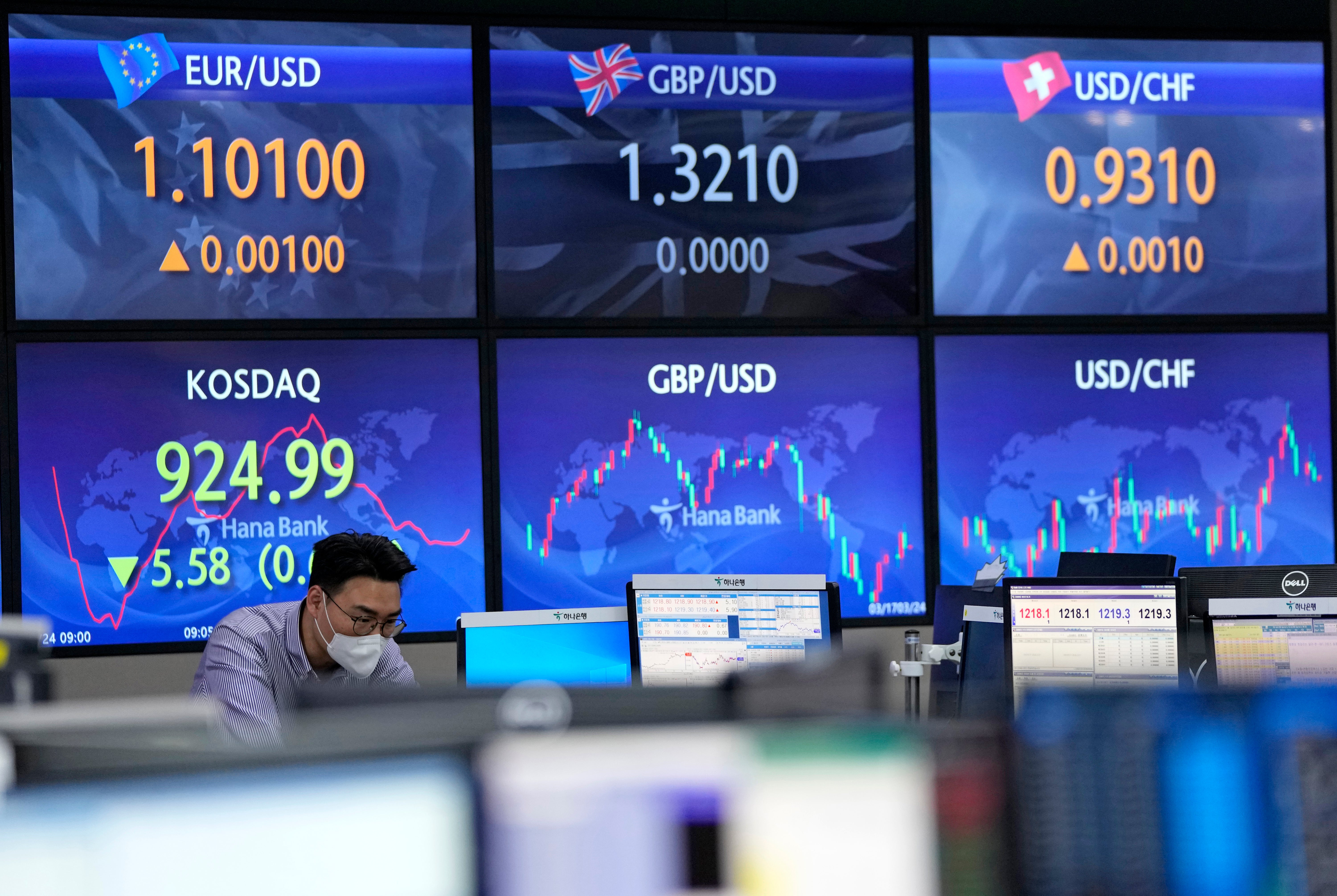Gambling on holiday money: when should you buy?
It can be a bit of a guessing game working out when to exchange currency. Rebecca Goodman cuts through the jargon to find out what’s best for your wallet

It’s officially holiday season and there are some crucial decisions to be made, for the sake of your wallet.
But global events combined with the UK’s poor economic outlook have made foreign exchange rates extremely volatile. Where to go, how to exchange your money, and unearthing the best rate for your cash has never been so important.
Marmaris in Turkey, Sunny Beach in Bulgaria, and the Algarve in Portugal are the best places to visit for value for money when it comes to holiday spending, according to the Post Office, while destinations that’ll cost you more include the Balearic Islands in Spain, Corfu in Greece, and Porec in Croatia.
Nick Boden, head of travel money at Post Office, said: “It will pay dividends to invest time in holiday homework because many people won’t have travelled abroad in the past two years.
“They need to be aware that prices have risen sharply in some destinations and fallen significantly in others. We advise making a destination shortlist and comparing costs before booking a trip.”
If you’ve got your holiday booked, and are yet to get your holiday money, you might also be keeping an eye on exchange rates.
It can be a bit of a guessing game working out when to exchange currency. Do you buy when the pound is performing strongly or hold out in case rates change and you get a better deal?
James Lynn, co-founder of Currensea, said: “With constant fluctuations in exchange rates, it’s a real challenge for travellers to keep up and ensure they secure the best rate before their trip.
“This is even more tricky in the current financial climate with ever-changing global events impacting rates on a constant basis – in fact the pound recently slumped to its lowest level in the last 18 months.”
The pound performed strongly against the euro at the start of the year, in reaction to the UK’s post-pandemic recovery. In March it reached a five-year high and £1 was worth €1.21.
But since then, it’s started to fall, largely due to the Bank of England’s gloomy predictions of another recession and its suggestion that there would be fewer interest rate hikes in the immediate future, when compared to other countries.
Simon Harvey, head of FX analysis at Monex Europe, said: “Generally speaking, the pound’s performance over the past few weeks has been poor against the currencies used in major holiday destinations.
“Sterling’s losses have been most pronounced against the dollar, which remains strong globally under the expectation that the Federal Reserve can control elevated inflation much more effectively with higher interest rates without inducing a recession domestically.”
The pound is currently worth around $1.23 US dollars, a rate not seen since the third quarter of 2019, a period of deep uncertainty around Brexit.
Harvey says he expects sterling to remain low against currency in popular holiday destinations, including the EU, Mexico, and Thailand, for the rest of the summer.
Turkey is picked as a country where exchange rates are favourable for UK holidaymakers, and the pound is now 56 per cent higher against the Turkish lira than it was last September.
“Going forward, we expect the pound to remain weak in the near-term as interest rate pressures in global markets continue to weigh on sentiment around GBP.
“While there may be a small rebound in the coming weeks, we expect upside in the pound to be limited relative to potential downside,” he adds.
The main options for spending abroad are via a debit or credit card, with cash you’ve exchanged, or with a prepaid card you can load before you go.
There are pros and cons of each, but it’s generally accepted that using a card is the cheapest way to do it – if you’ve picked one without hidden fees. The most expensive method is almost always changing your money at the last minute at the airport, or when you arrive at your destination.
You want a card without any fees for withdrawing cash or spending, such as the Barclaycard Rewards Visa credit card or the Chase Mastercard debit card.
If you’re using a credit card, you’ll usually be charged interest unless it’s paid off in full at the end of the month. When you use a card it’s also always cheaper to pay in the local currency, rather than sterling.
There are also pre-paid cards, which allow you to buy money in advance – at the rate at the time – and they can be a good way of budgeting.
But if you are going down the pre-paid route, remember to keep an eye on how much money is on the card. Around 15 per cent of travellers use them but an average of £55 remains on them when they get home, according to Currensea.
Join our commenting forum
Join thought-provoking conversations, follow other Independent readers and see their replies
Comments
Bookmark popover
Removed from bookmarks